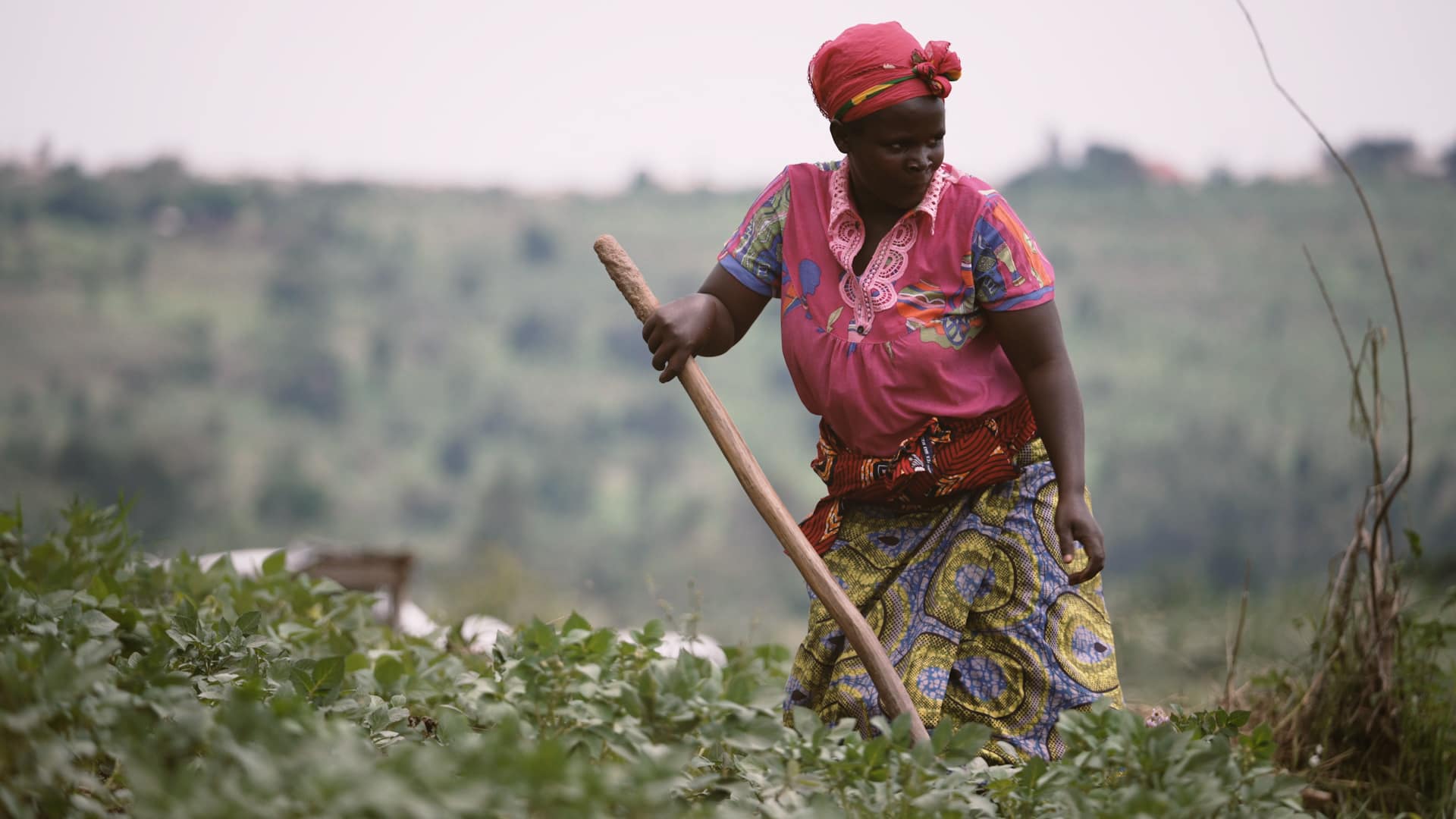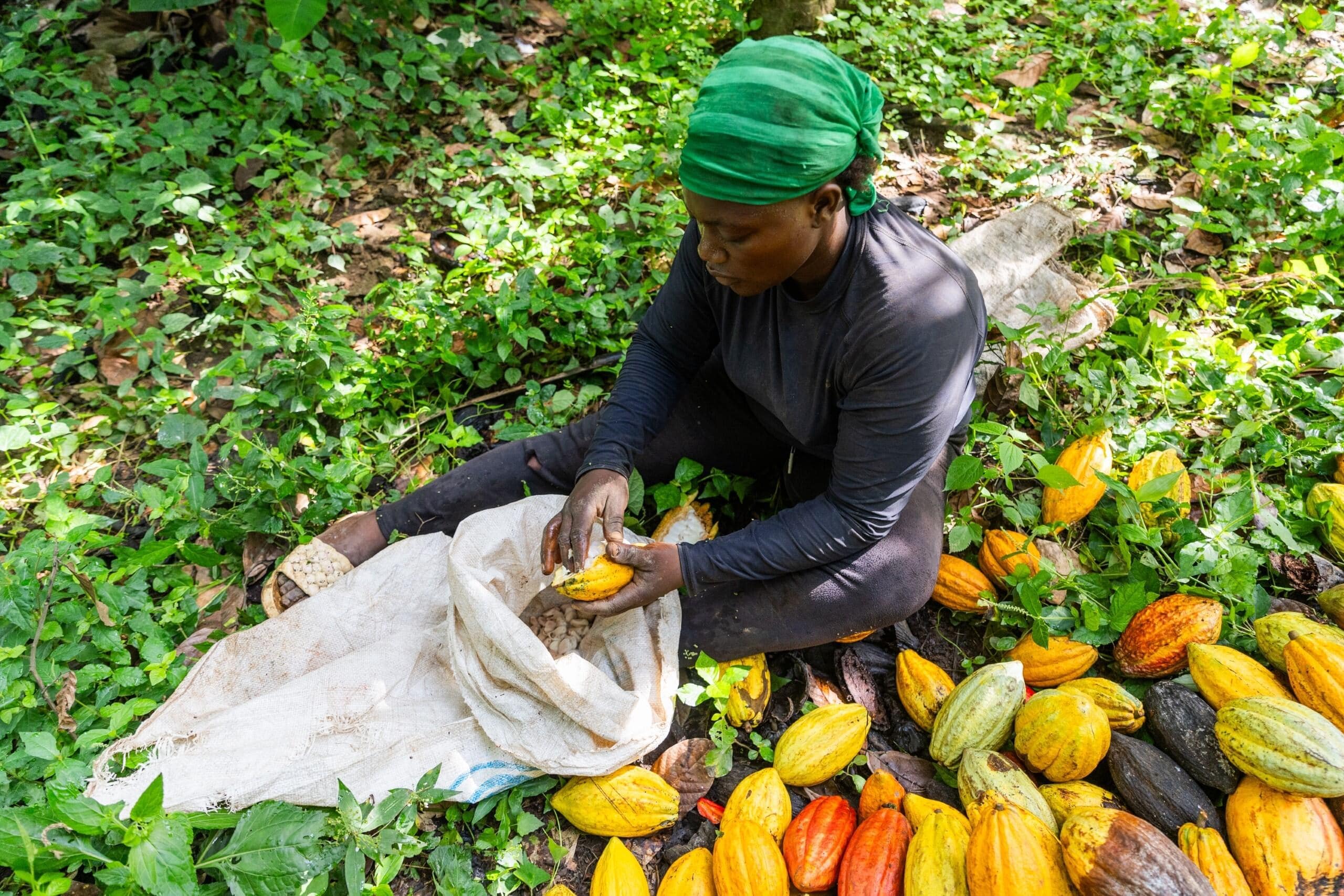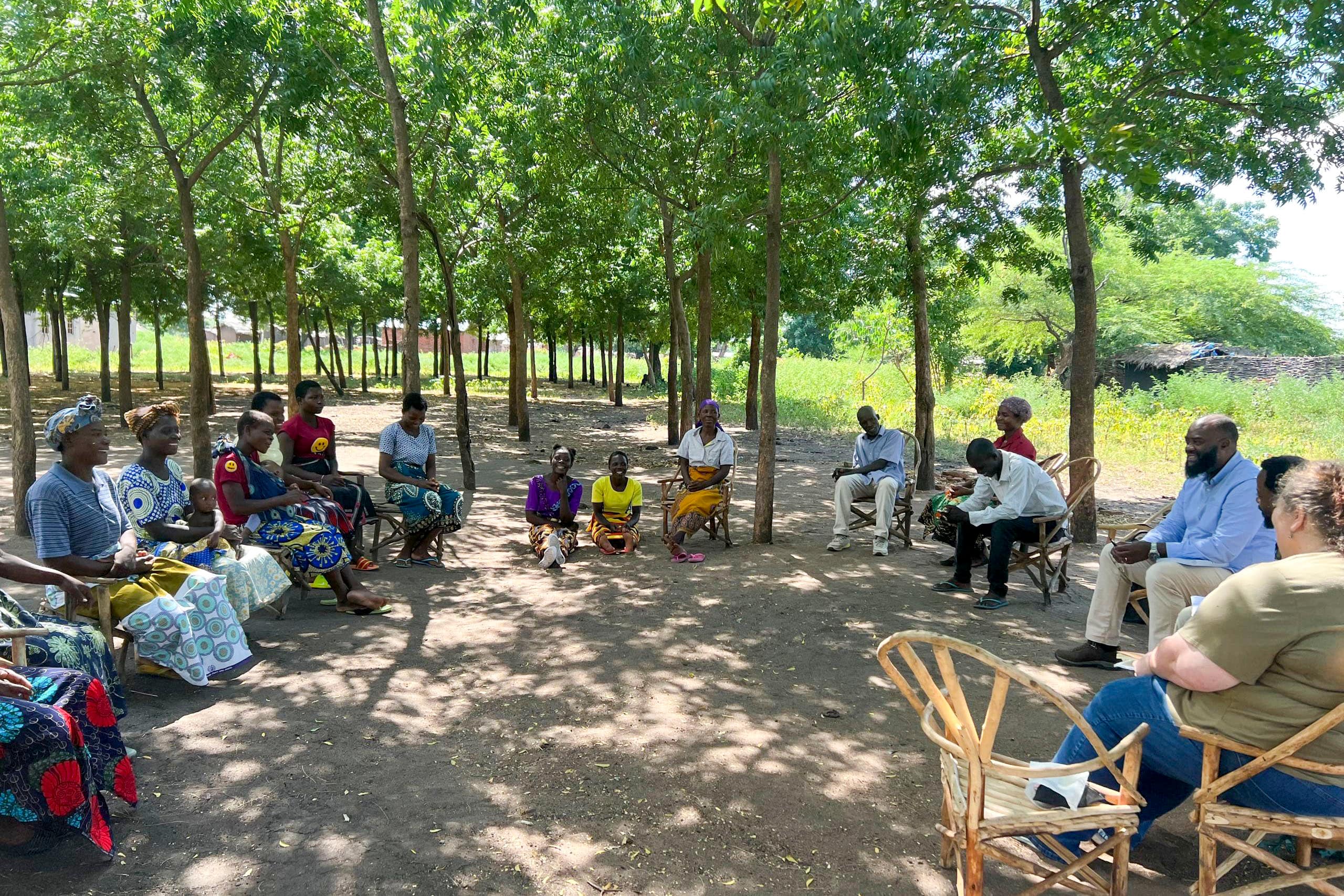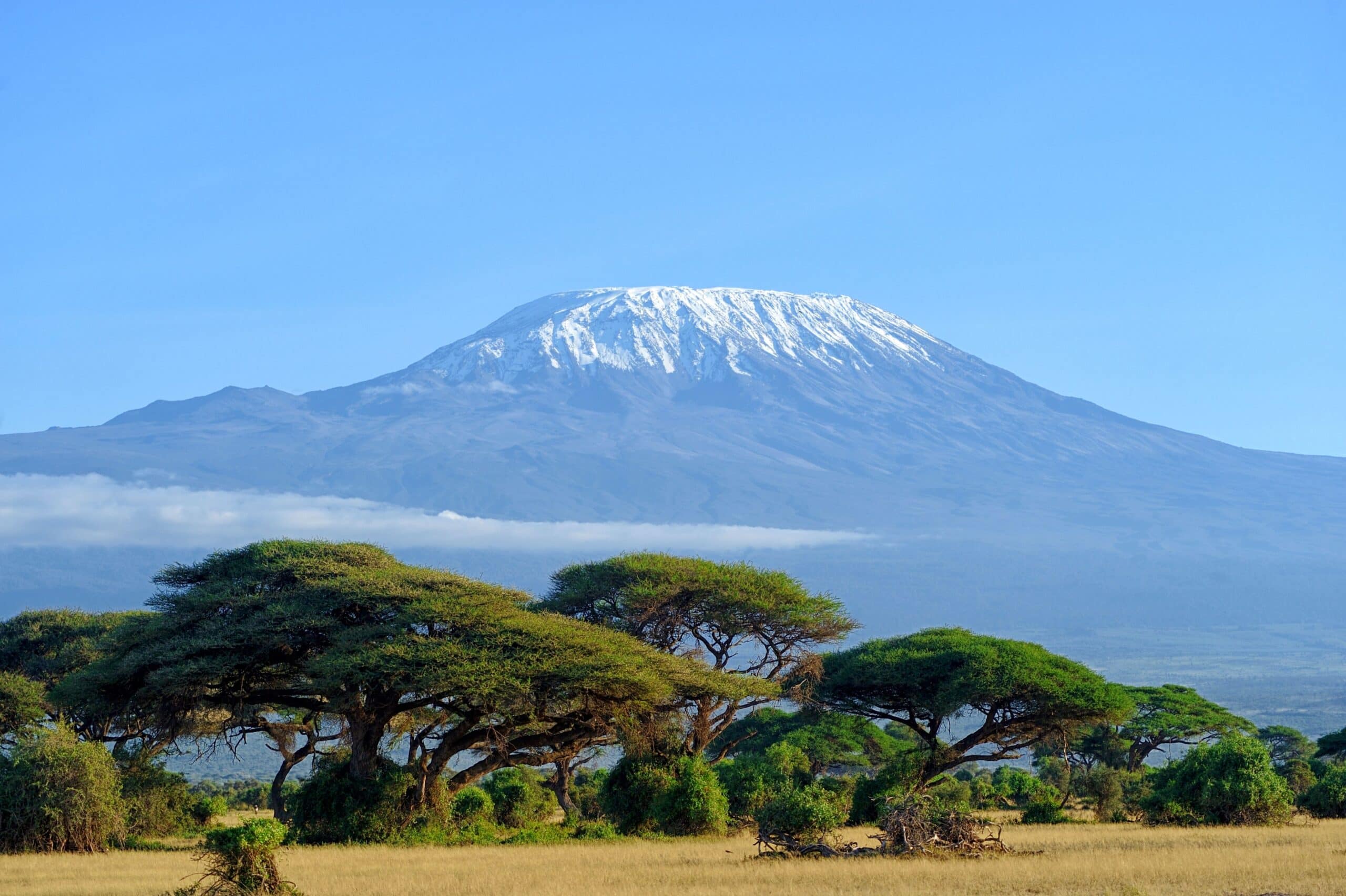Uganda
Uganda is home to vital water resources, including the expansive Nile River, which plays a key role in the country’s agriculture and ecosystem. The nation’s water systems face challenges related to climate change, population pressures, and land degradation, affecting food security and livelihoods. In rural areas, water management and sustainable practices are crucial to mitigating risks associated with droughts and floods while preserving biodiversity.
IWMI in Uganda
IWMI’s work in Uganda focuses on improving water and food security through sustainable resource management strategies. By integrating advanced digital technologies, IWMI supports better decision-making in water resource management, enhancing agricultural productivity and climate resilience.
Additionally, the organization works to strengthen the capacity of local communities and governments to address water-related challenges, while promoting gender-responsive and inclusive solutions in sectors like irrigation, groundwater, and biofuel alternatives. Through these efforts, IWMI aims to enhance the resilience of vulnerable populations, especially in regions with high levels of water and food insecurity like Karamoja.








